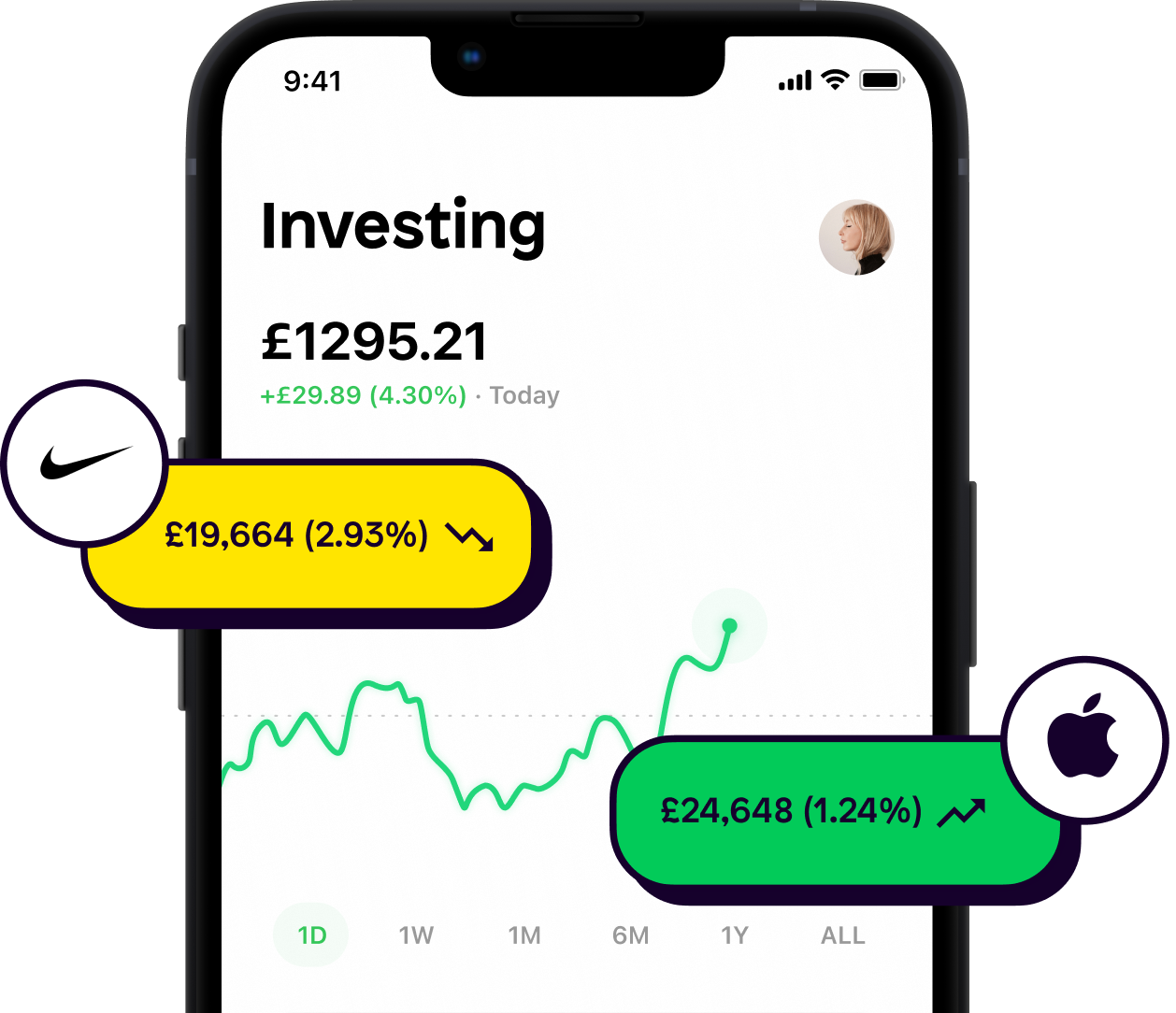In the ‘90s, it earned itself a staggering $125 billion valuation, but by 2016 it sold for just $5 billion.
So, what went wrong?
TL;DR
It missed major acquisition opportunities
It had too many business ideas
Management was chaotic
It didn’t prioritise mobile
It lost user trust
💼 It missed major acquisition opportunities
As a market leader, you tend to have opportunities to acquire companies who might be coming for your crown as top dog.
Yahoo! certainly had these chances. It could have bought…
Sounds expensive, right? Yahoo! certainly thought so and decided to pass on both opportunities.
But here’s how much they’re worth today:
Google - $1.3 trillion
Meta - $604 billion
That’s a missed opportunity of $1.6 trillion. Ouch.
But alas, in 2008, Yahoo! Received another interesting offer. Microsoft was looking to acquire Yahoo! for $44 billion, but again, the once prolific web giant said no.
Yahoo! wasn’t doing well at this time, having already missed many opportunities. Many saw this as a rescue offer, but again, Yahoo! passed.
Just 8 years later, Yahoo! s old for just $5 billion to Verizon. Oops.
💡 Too many business ideas
Yahoo! was positioned perfectly to take advantage of the internet’s growth. The problem? Too many opportunities and not enough focus. Yahoo was made up of many different sub-businesses:
Yahoo News
Yahoo Sports
Yahoo Finance
Yahoo Entertainment
It tried to conquer all areas of interest, but instead, stretched itself too thin and struggled to become a dominant name in any one category.
Jack of all trades, master of none?
👔 Chaotic management
Yahoo! also struggled when it came to senior management.
The company went through a revolving door of CEOs, each with their own vision for the company. This lack of consistent leadership made it difficult for Yahoo! to make progress.
In fact, the company burnt through 6 CEOs in 5 years.
Jerry Yang, 2007-2008
Carol Bartz, 2009-2011
Tim Morse, 2012
Scott Thompson, 2012
Ross Levinsohn, 2012
Marissa Mayer, 2012-2016
The crazy part? Thompson was fired for faking a college qualification on part of his CV. Oh dear.
📲 It didn’t prioritise mobile
Another problem was Yahoo!'s failure to capitalise on the mobile revolution.
While Google and Apple were investing heavily in mobile technology, Yahoo! was slow to adapt. Its mobile apps were clunky and outdated, and it missed captivating a wave of new users in the tech market.
🤝 It lost user trust
What’s worse than a reputation of being outdated? A reputation you can’t trust.
Yahoo! suffered from a number of high-profile data breaches and in 2013, 3 billion user accounts were hacked. A year later, another 500 million accounts were compromised.
The company resolved the issues, but the damage had already been done as Yahoo!'s reputation was left tarnished and led to a loss of user trust. By this point, it only took minutes to set up new email accounts with competitors such as Gmail, which many users did.
What can other tech companies learn from Yahoo!?
As we witness the emergence of technologies like AI, cryptocurrency, and VR, it will be interesting to see how modern-day market leaders respond to the ever-changing industry. But, Yahoo!'s demise is a stark reminder that good leadership and decision-making are crucial to the survival of any tech company.
Looking to chat more about business and investing? Download the Shares app and get involved with our communities!
Make sure to follow us on our socials 👇
As with all investing, your capital is at risk.
This content is for educational purposes only. Shares does not provide investment advice. If you are unsure about anything, please seek advice from an authorised financial advisor. Shares is a trading name of Shares App Ltd. Shares App Ltd is an appointed representative of RiskSave Technologies Ltd, which is authorised and regulated by the Financial Conduct Authority.











